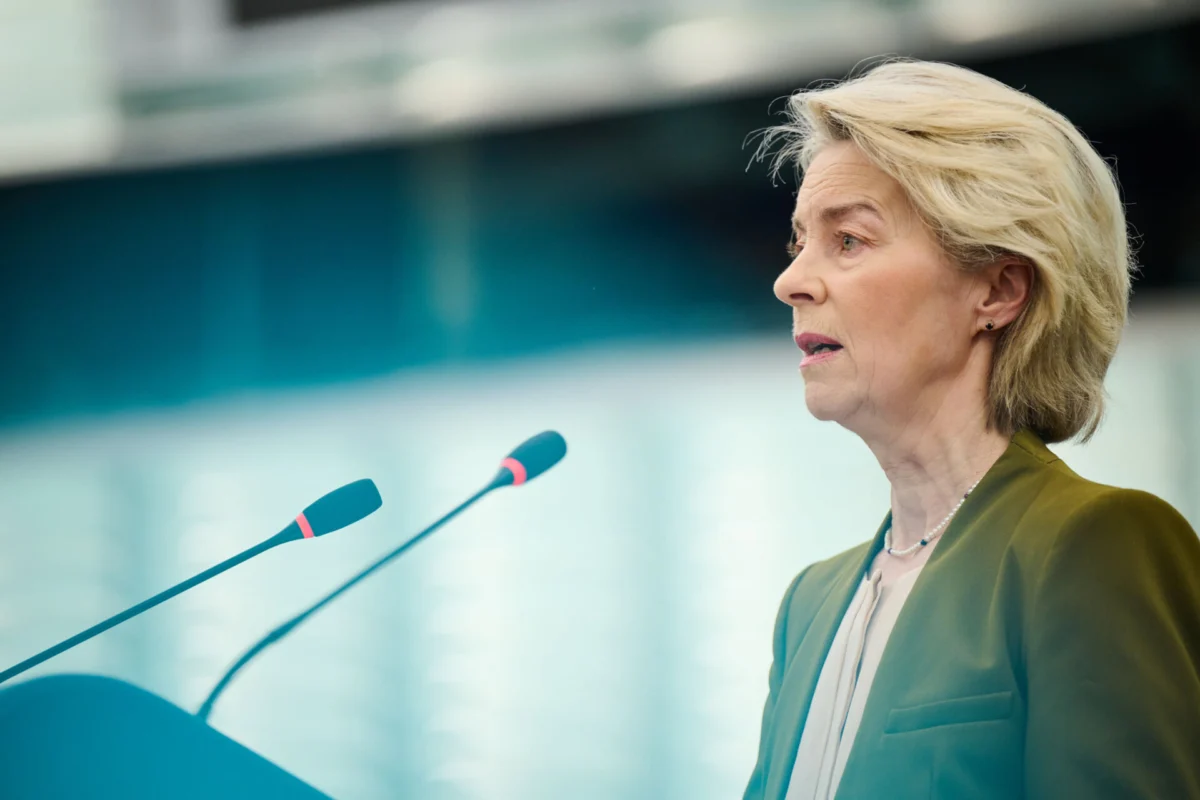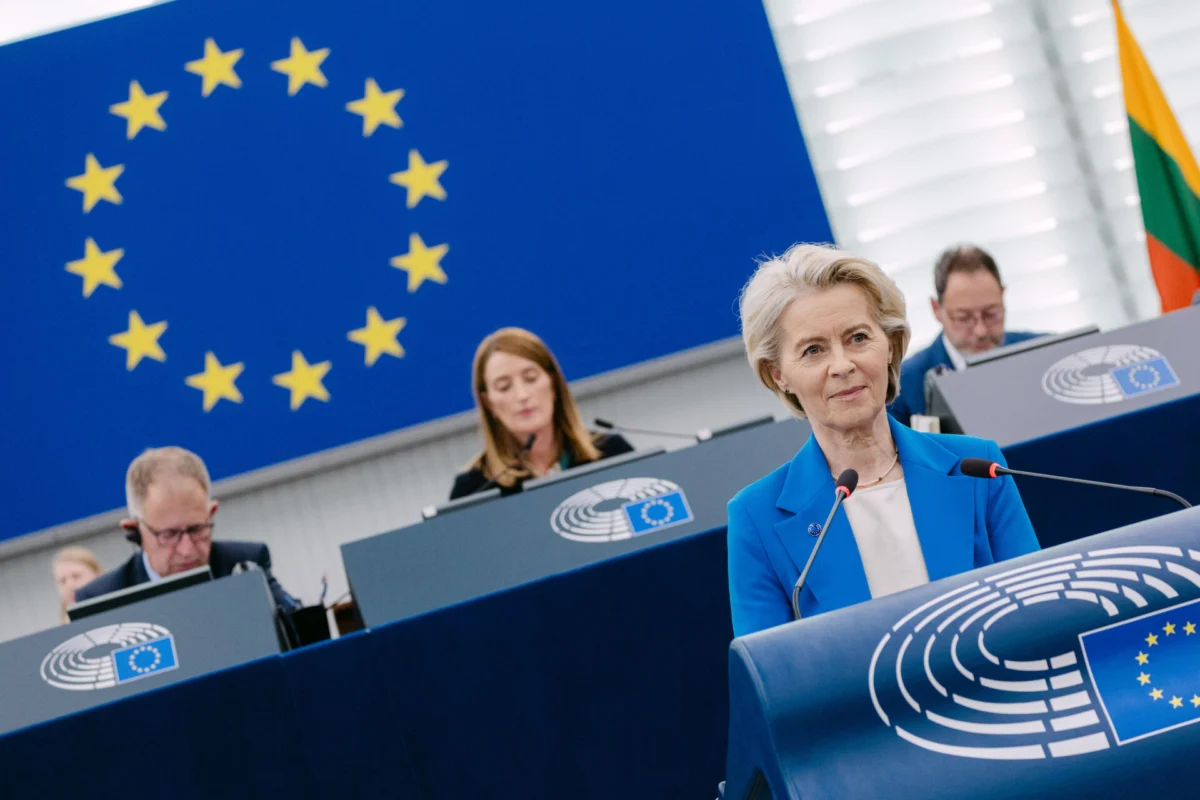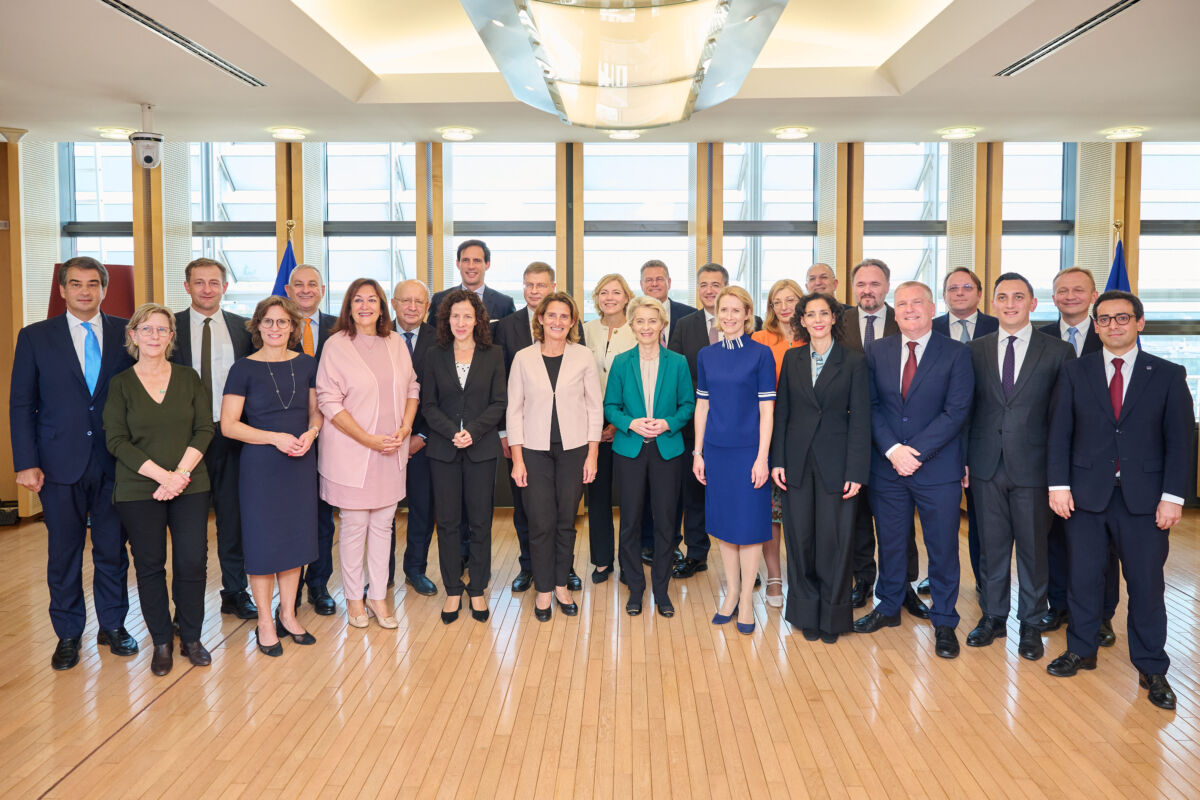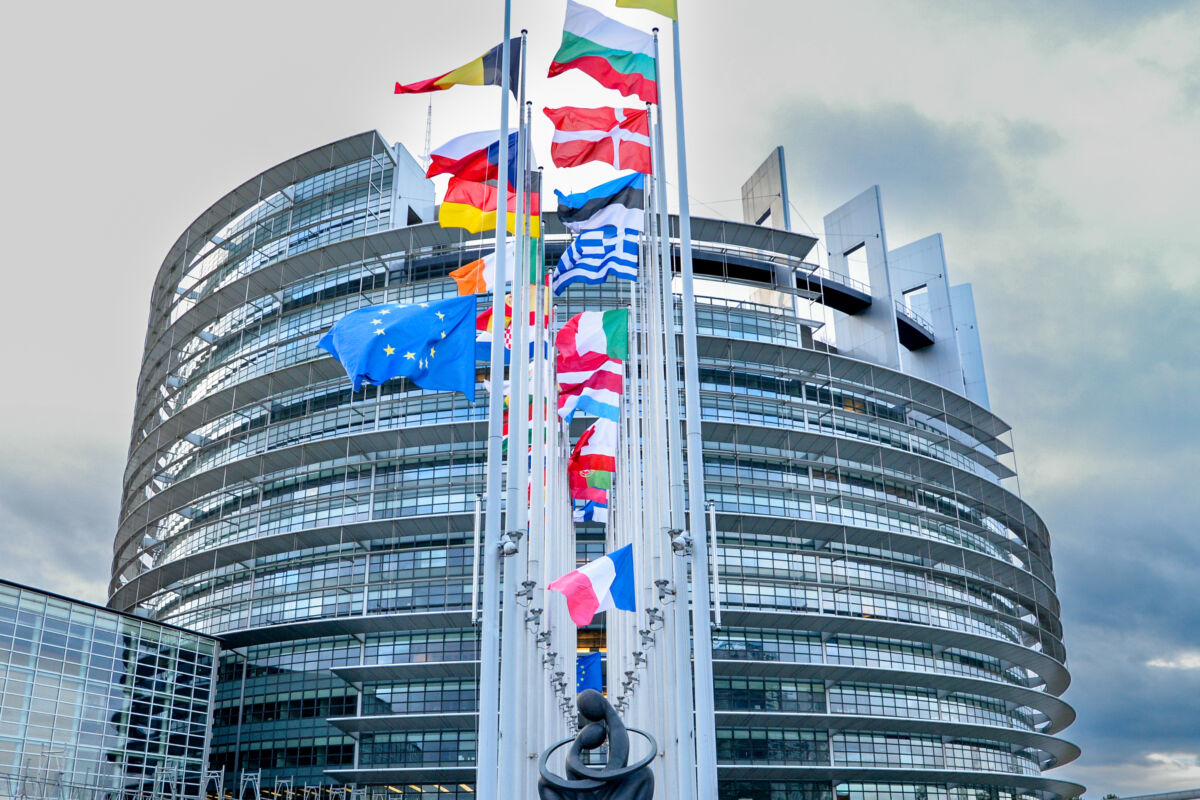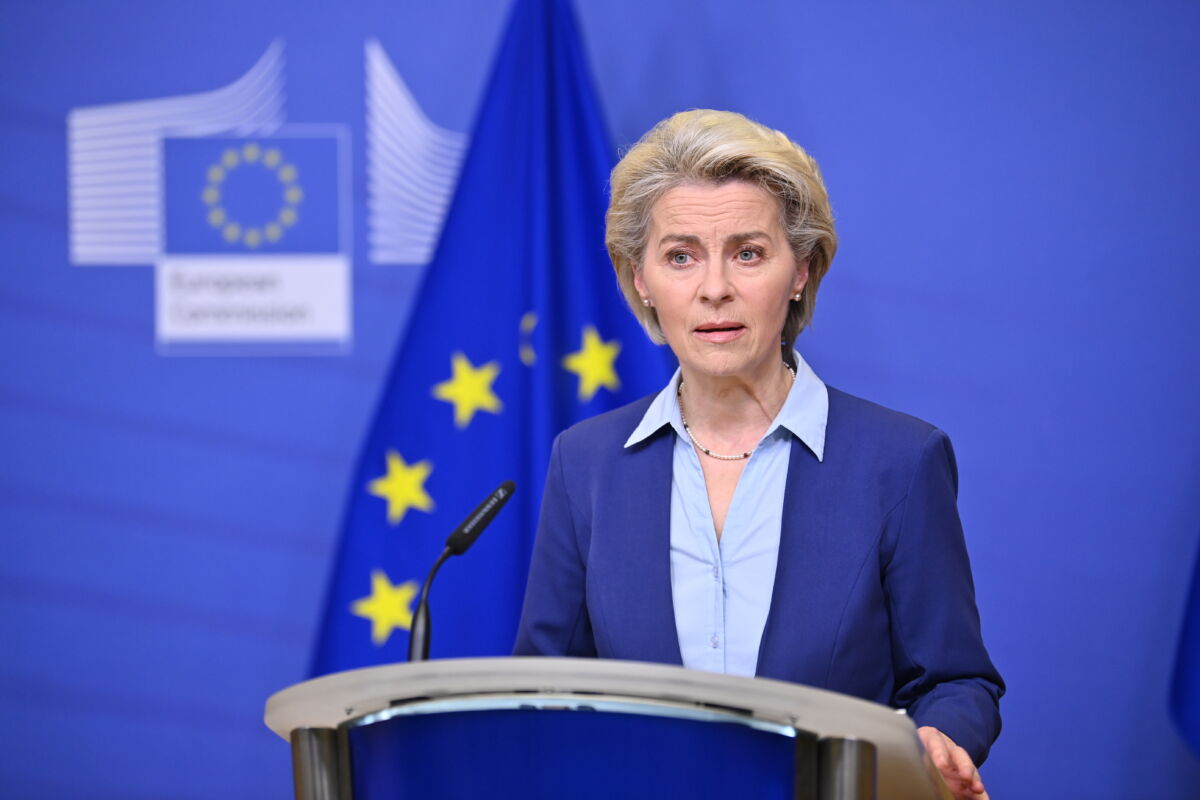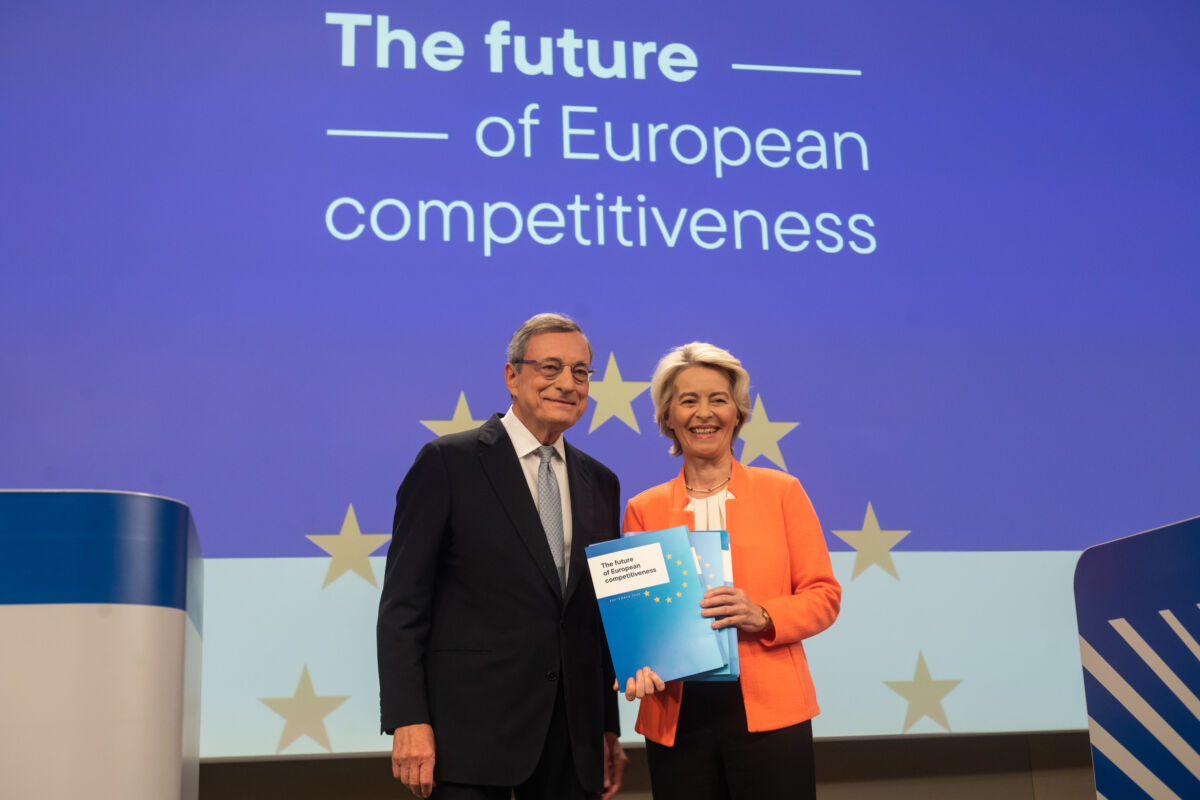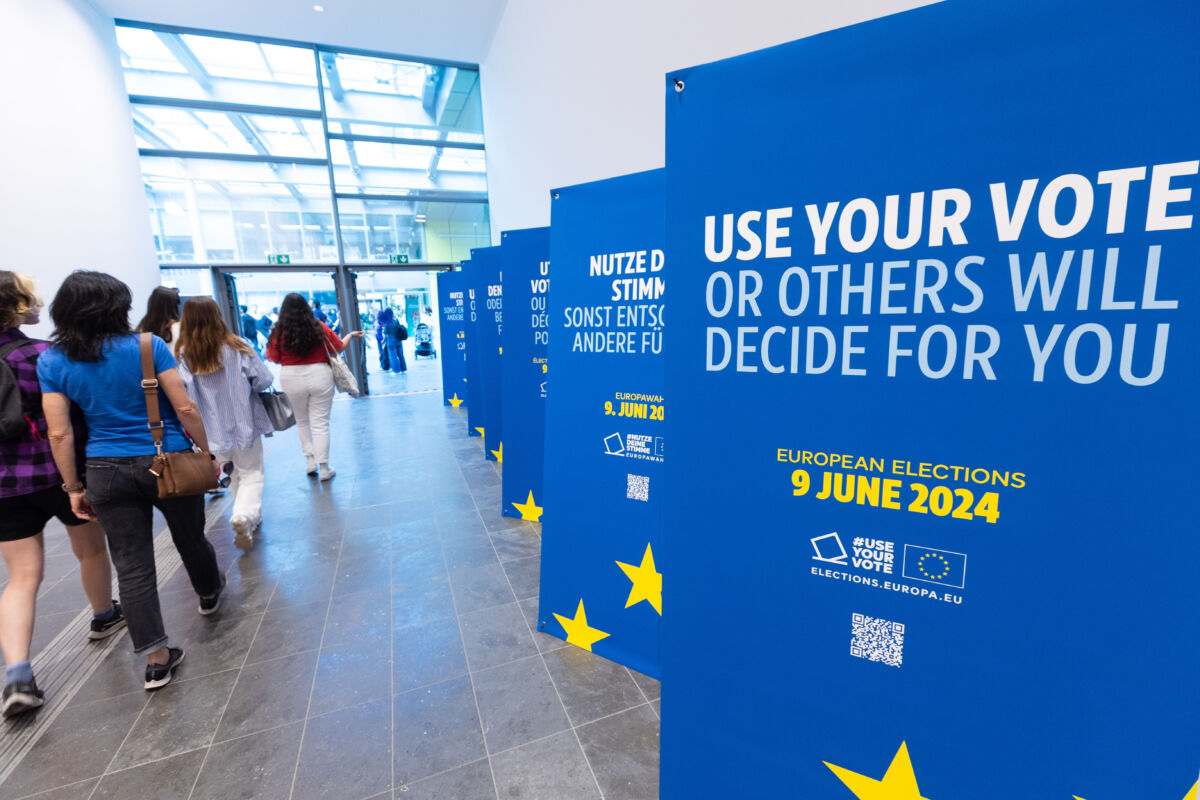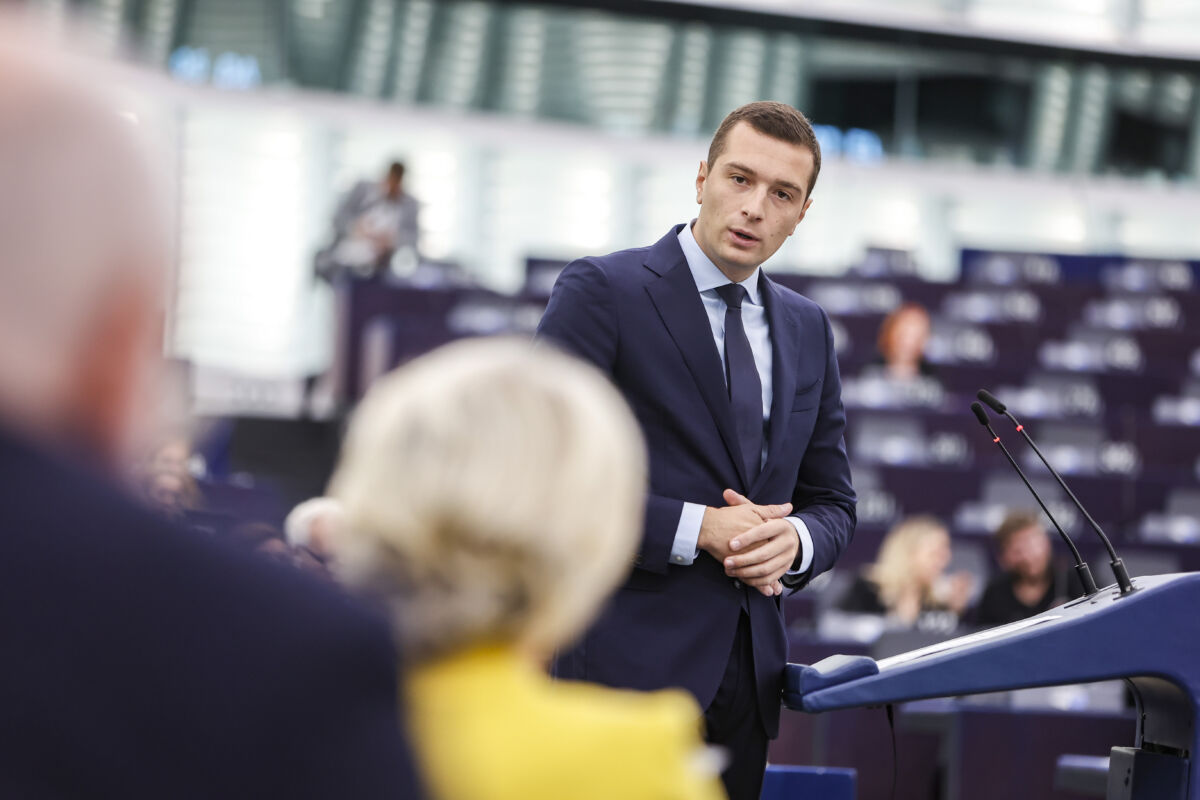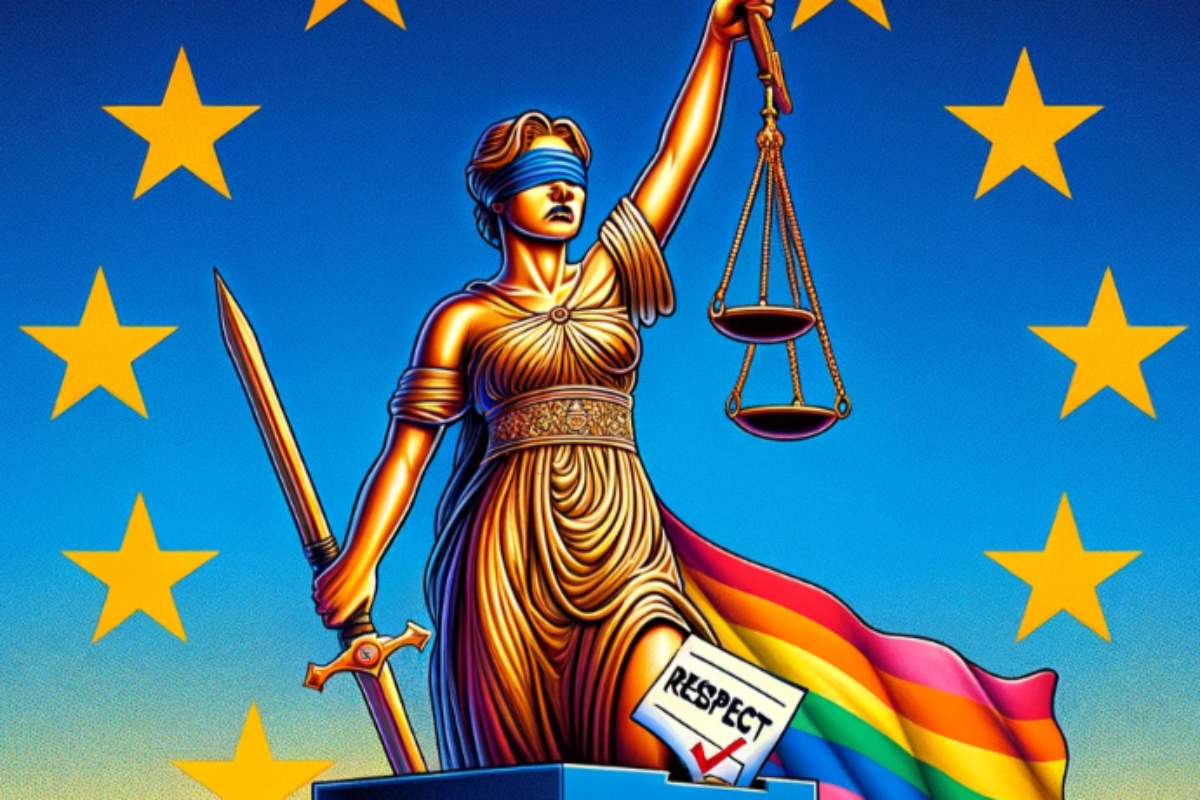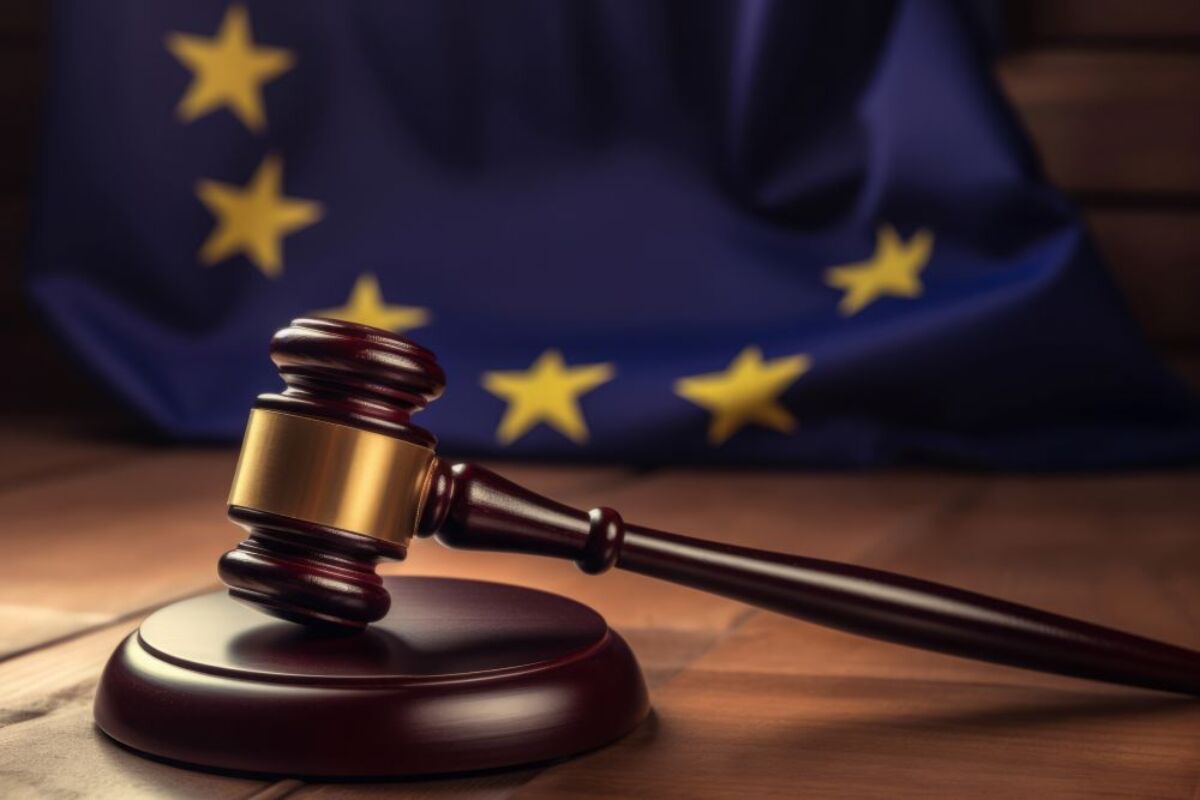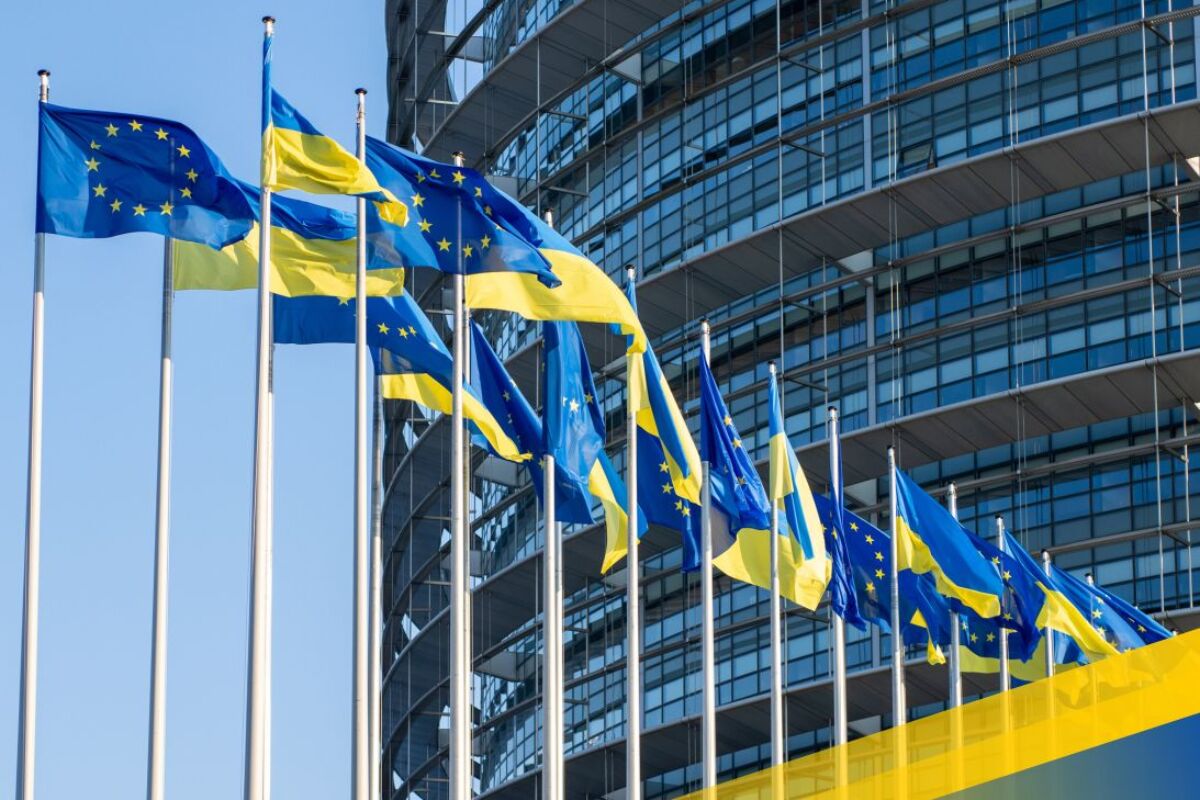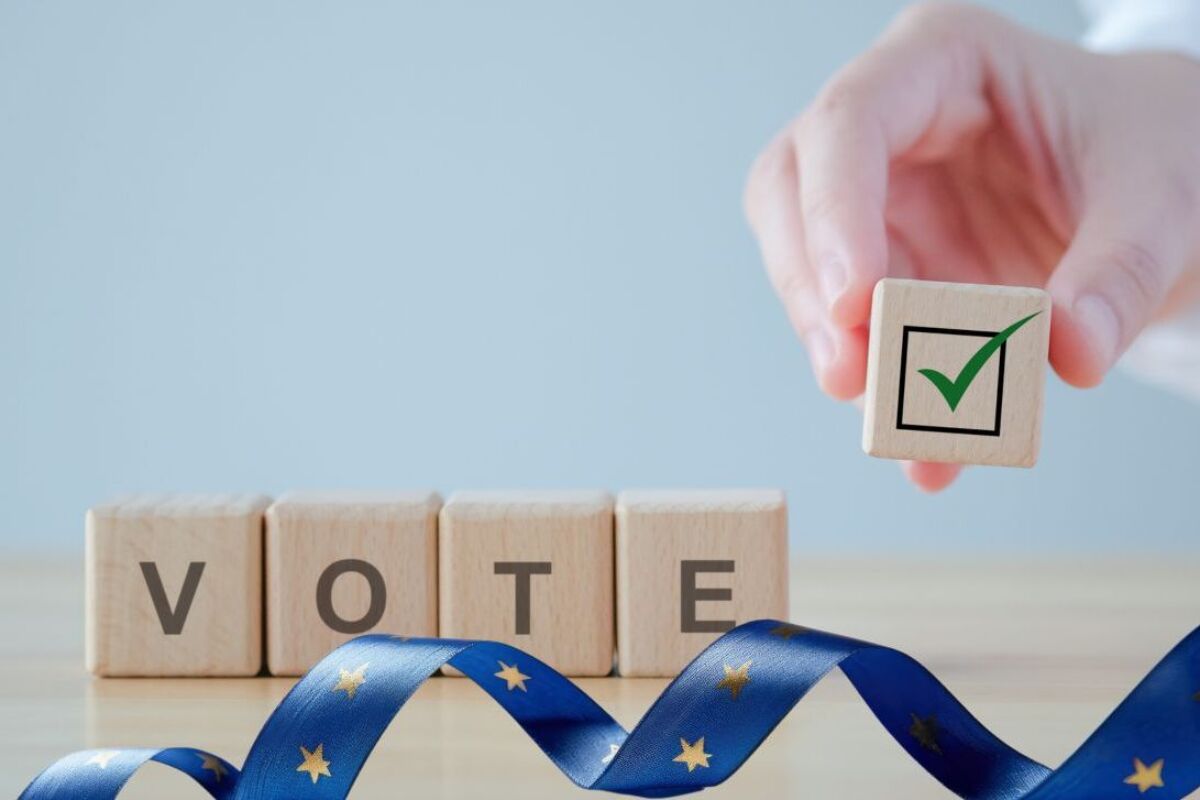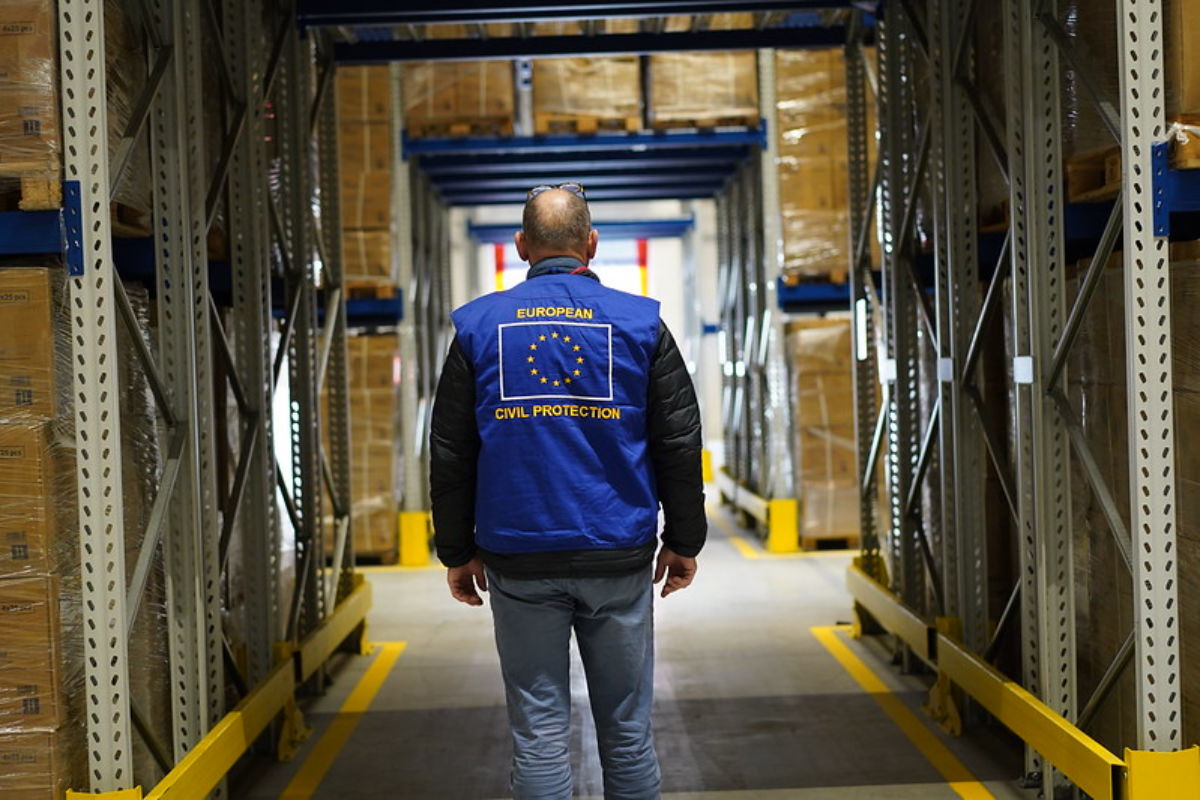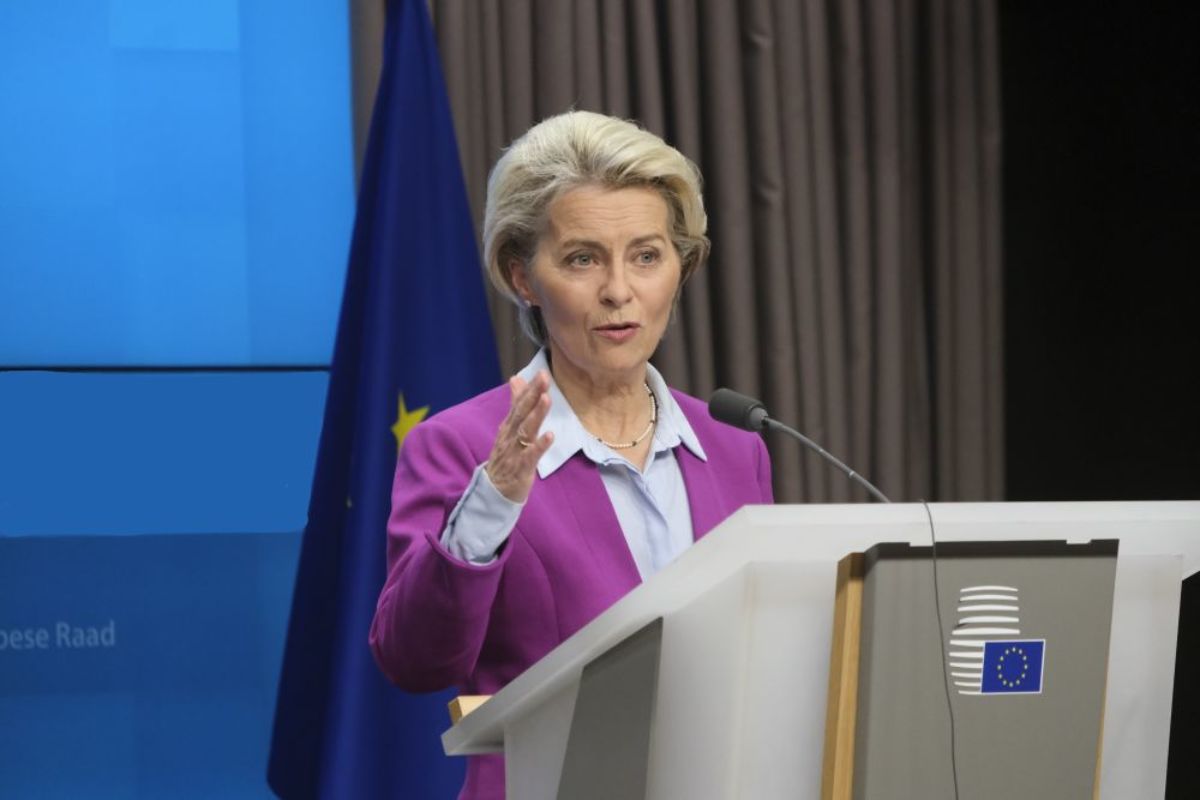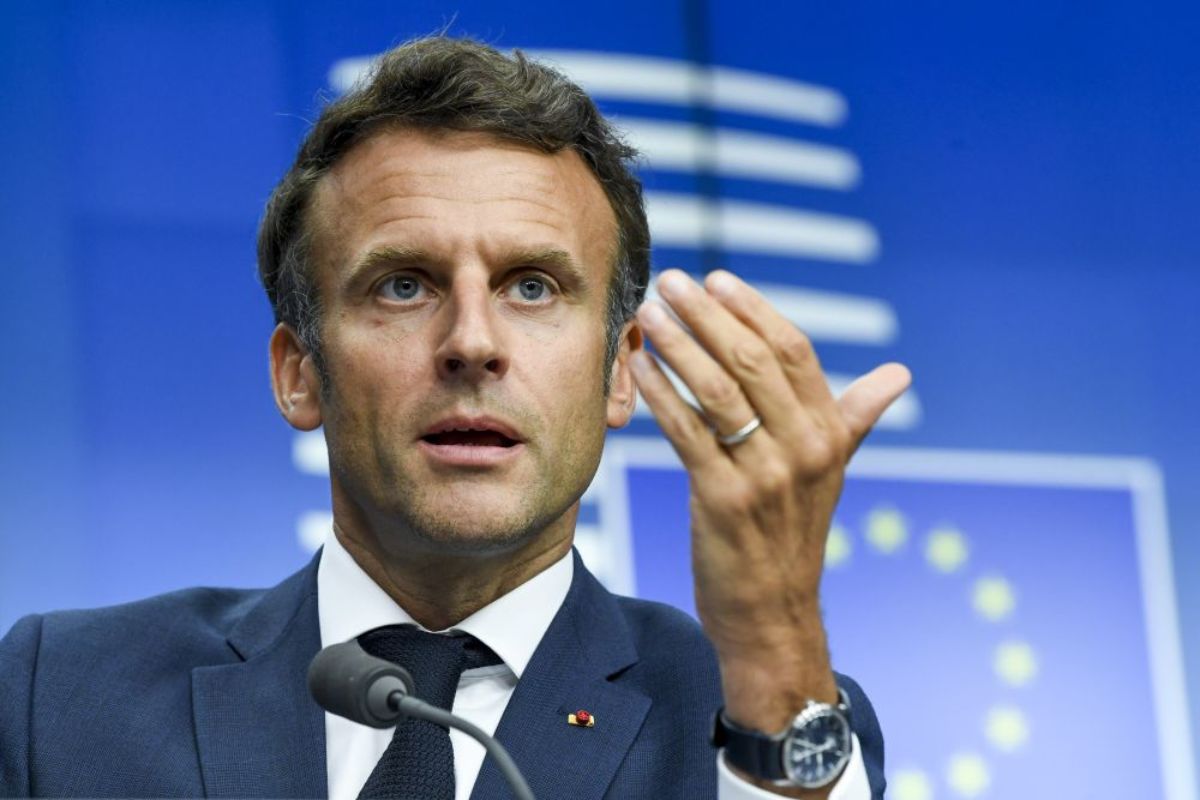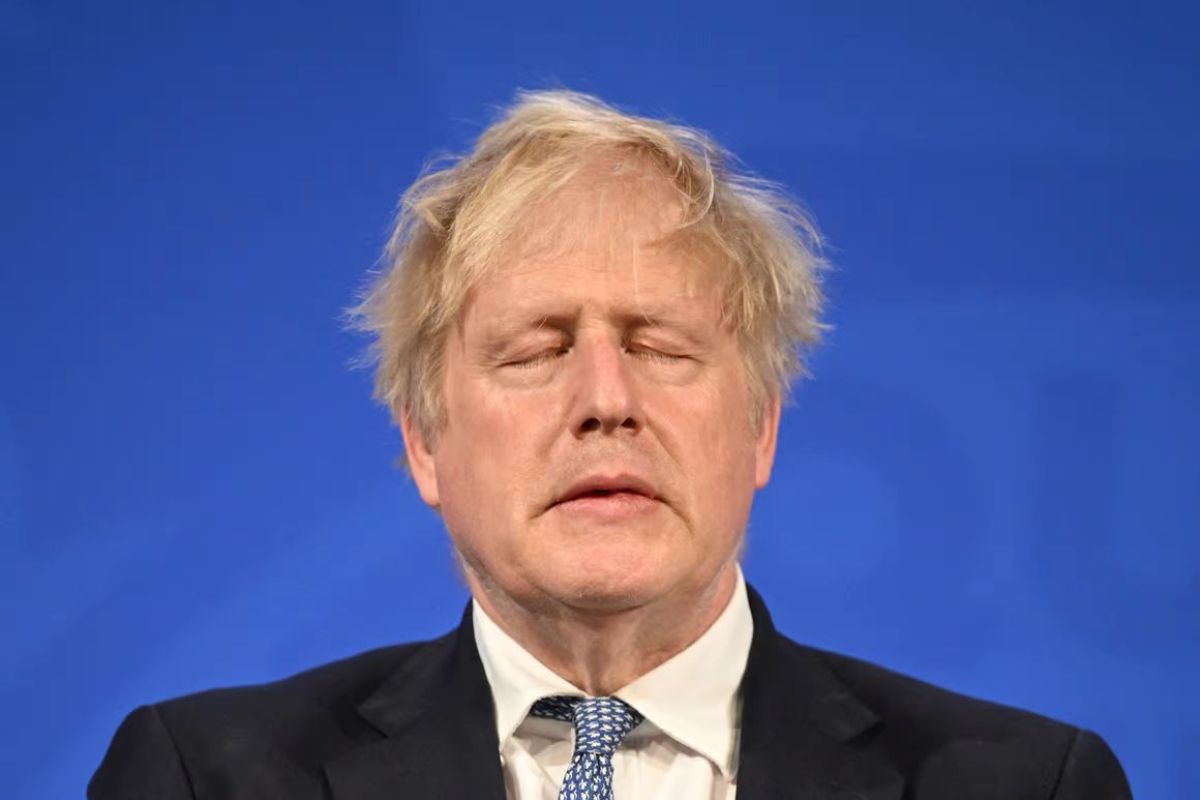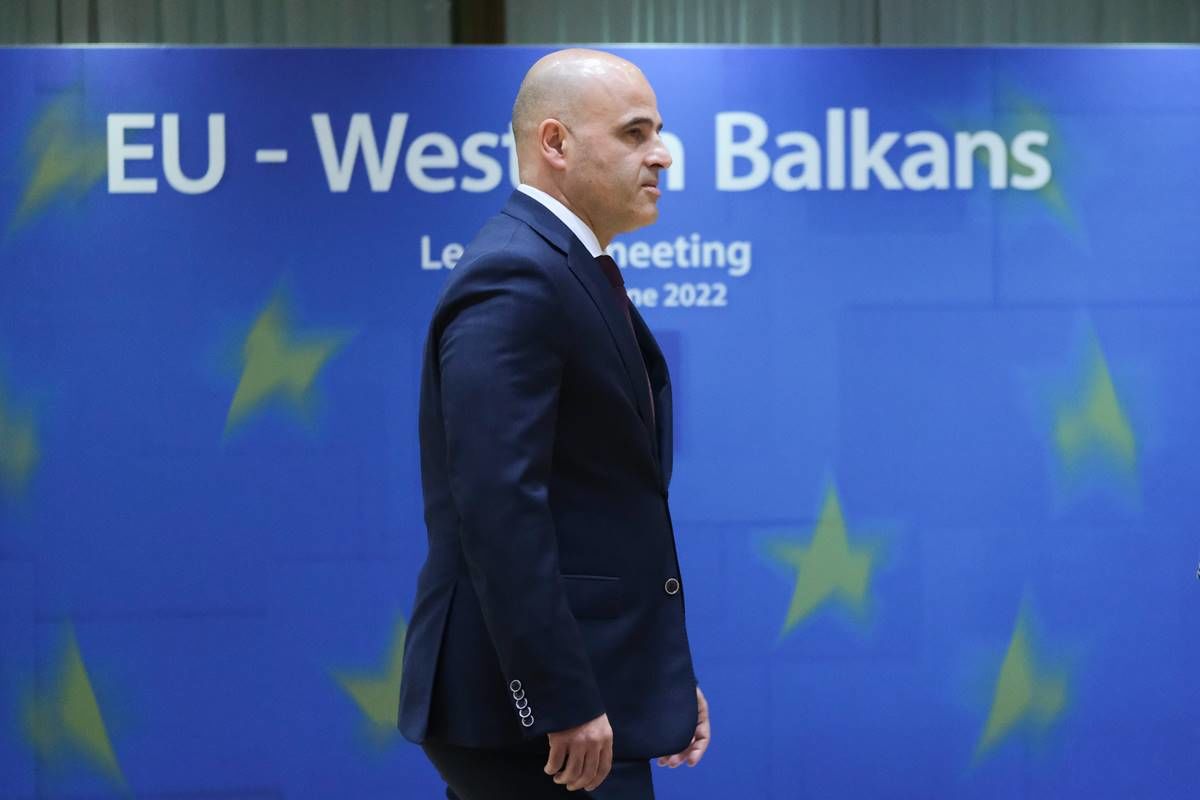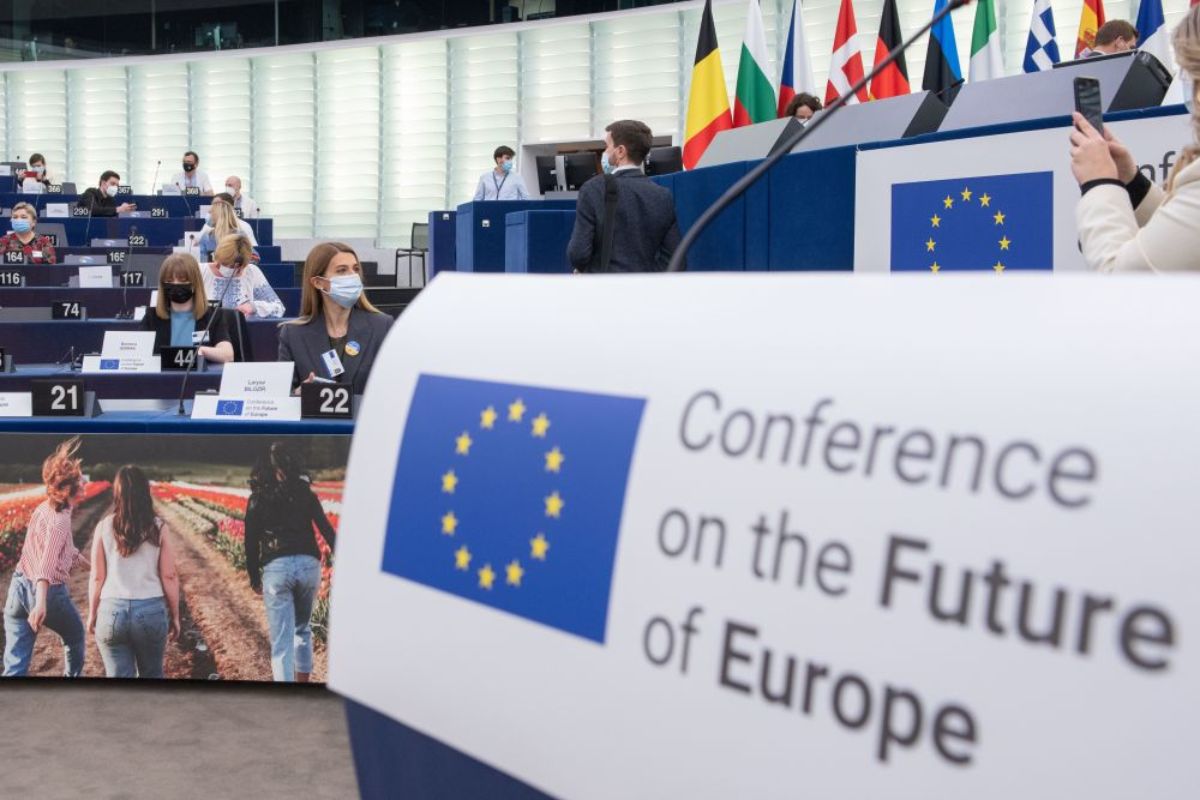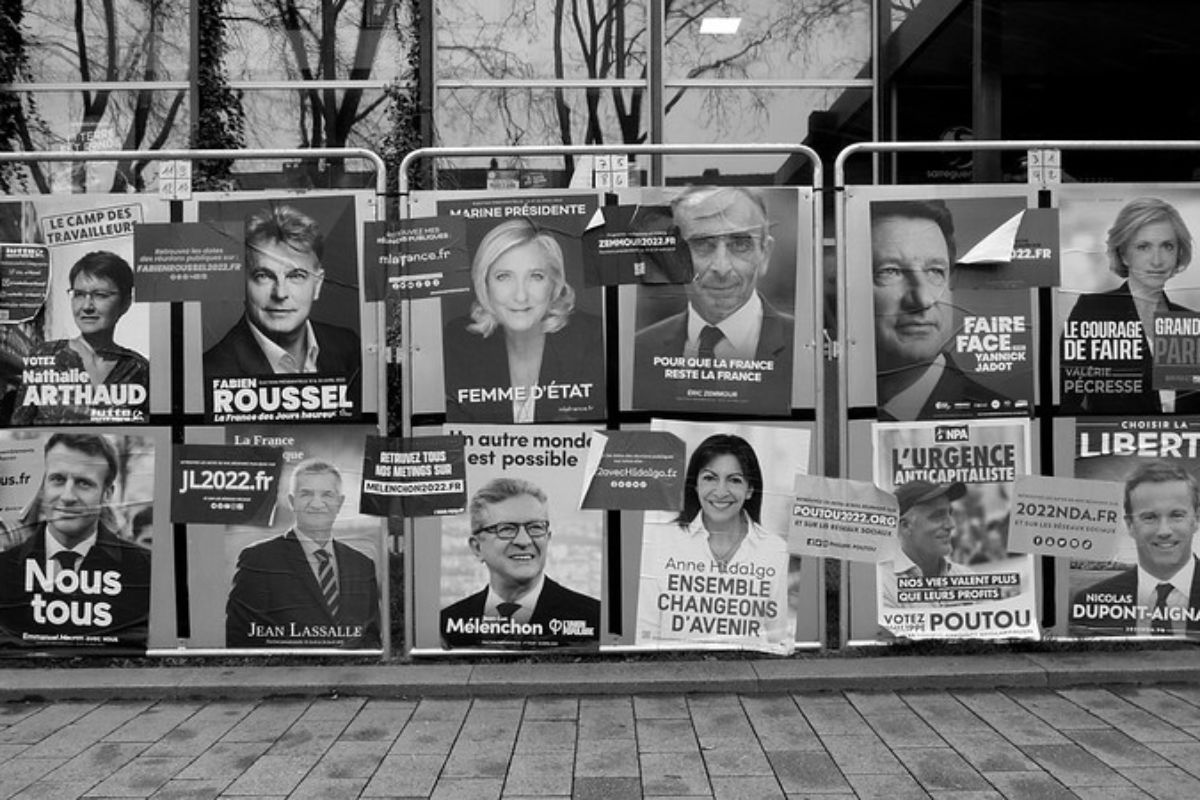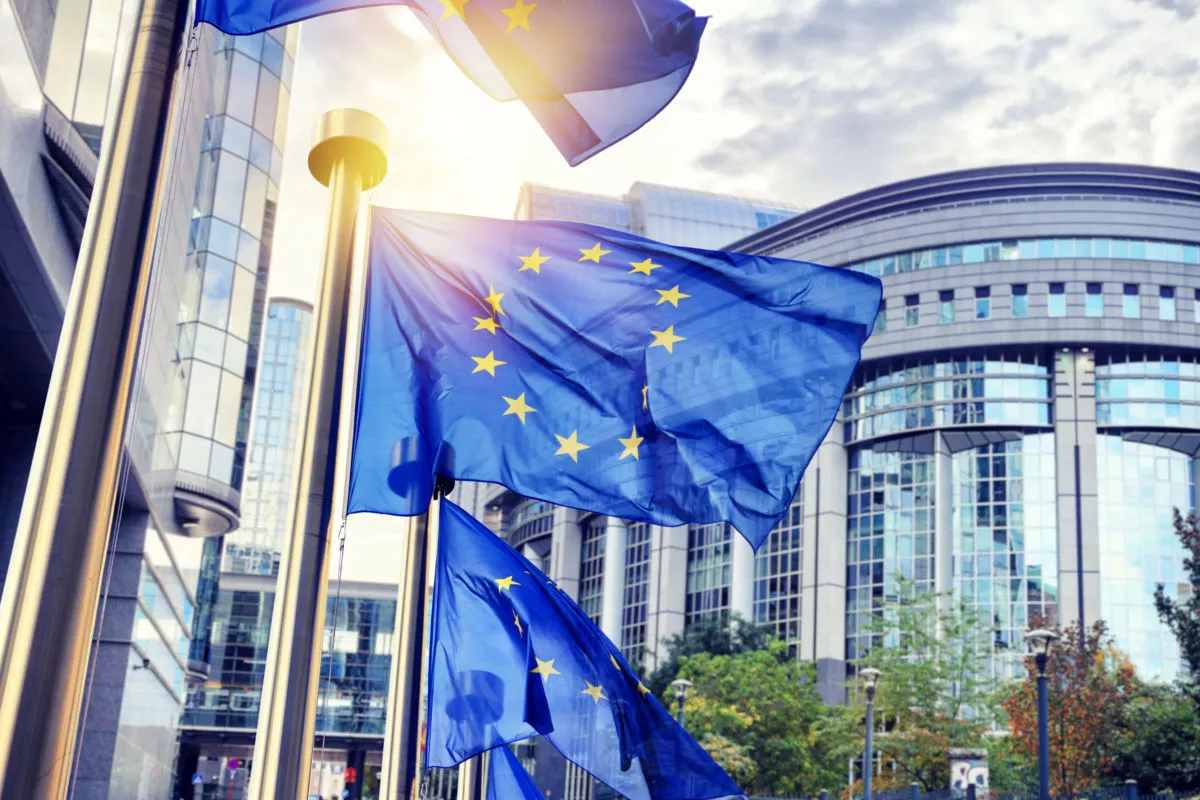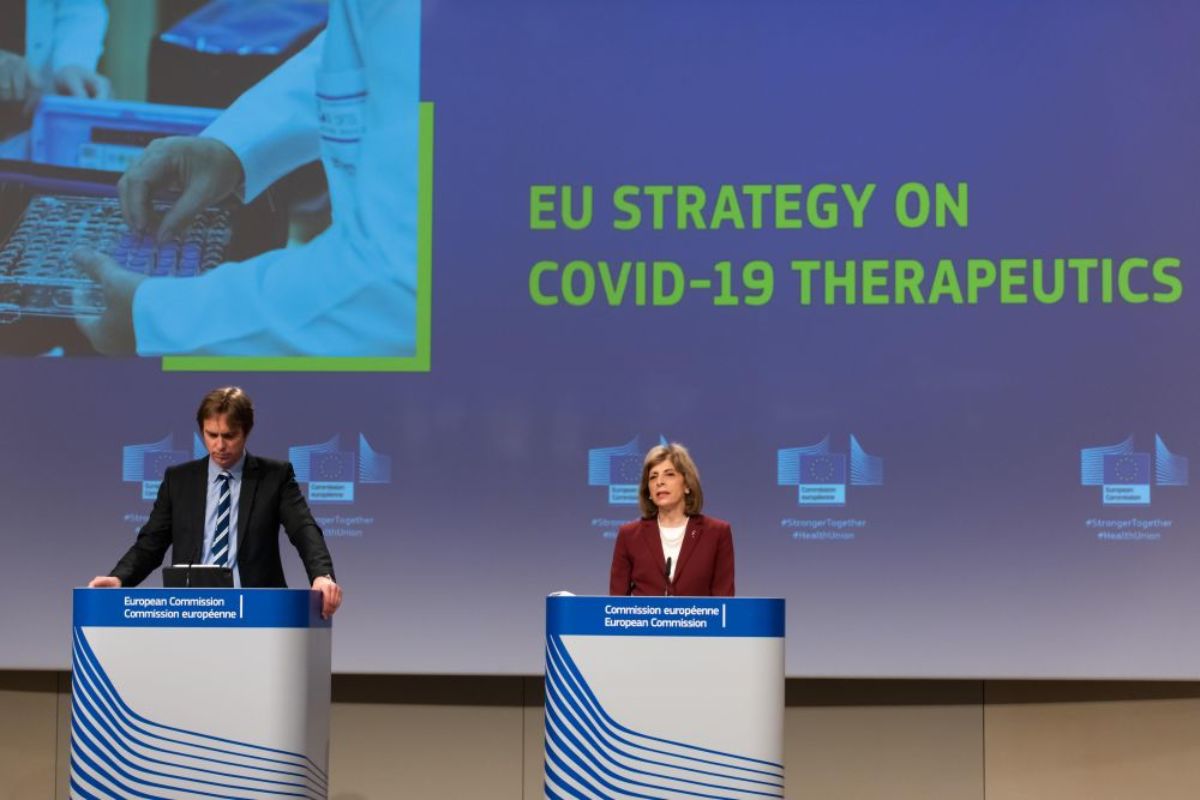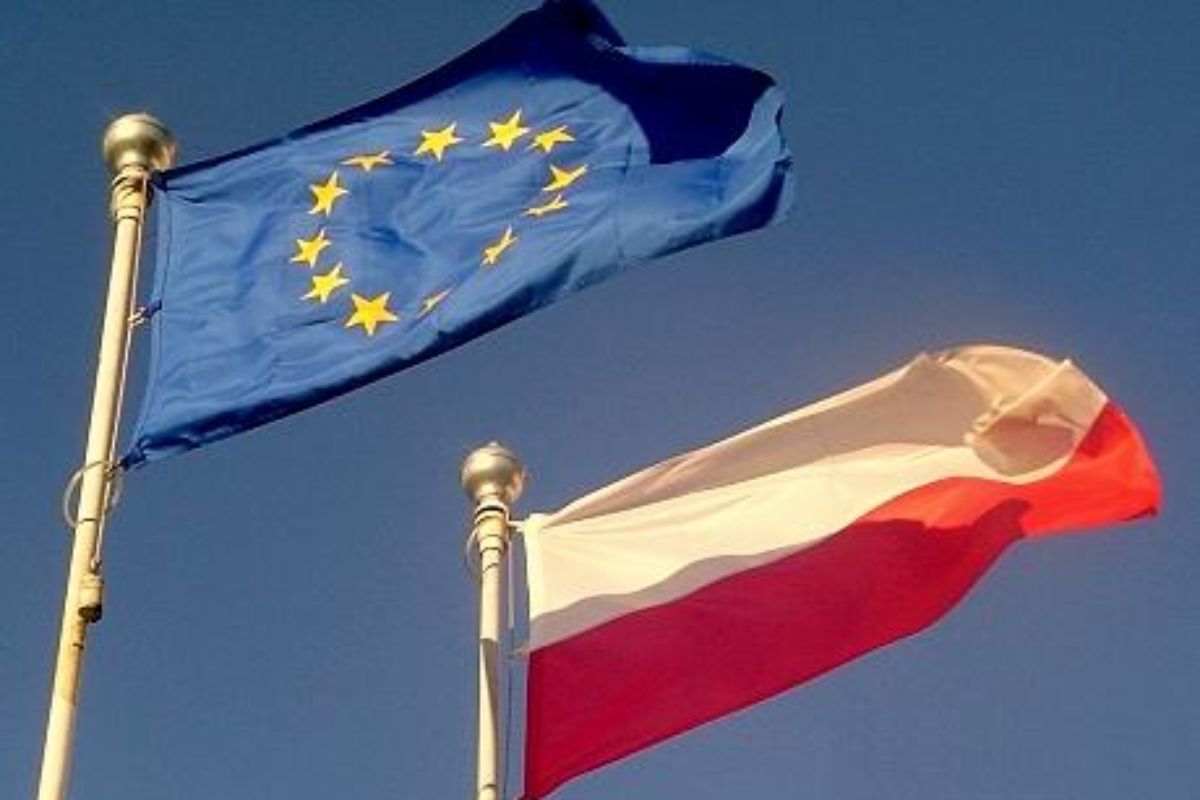This week’s motion of censure against President Ursula von der Leyen’s Commission was not about vaccines but rather a proxy war over the emerging centre-to-far-right alliances in the European Parliament (EP), with the far right exploiting the tool to destabilise and divide. Many MEPs —particularly from the centre left— also opted to abstain to signal their discontent without formally breaking ranks.
Overall, the debacle reflects a deepening rift between the EPP and the S&D, Renew and the Greens, signalling a new, increasingly polarised, even hostile, dynamic within the EP. But it also reveals a deeper unease with von der Leyen’s leadership style – never have so many MEPs withheld their support from a Commission President in such a visible way.
What happened – and why it’s important
Seventy-five MEPs, mainly from far-right parties, launched a motion of censure against the second von der Leyen Commission, with the lack of transparency over Covid-19 vaccine procurement as their main criticism.
As expected, von der Leyen survived. A total of 360 MEPs expressed their confidence in her by voting against the motion, while 175 voted in favour – almost all of them belonging to far-right groups. Von der Leyen received 360 votes of support – 40 fewer than when she was elected a year ago. Even the EPP fell short of its full strength: of 188 MEPs, only 169 were present.
No Commission President has ever been ousted. Even Jacques Santer managed to resign before being formally forced out in 1999. Historically, censure motions were symbolic acts of protest from the political fringes (usually the far right), with 1999 remaining the only close call. The procedure is similar to impeachment in the US: it’s designed as a response to serious misconduct such as fraud, mismanagement or nepotism, precisely the kind of accusations that brought down Santer but wasn’t the case for von der Leyen, regardless of ‘Pfizergate’.
What the vote was really about
The centre-left parties used this vote to make a political point. The preceding debate was an opportunity to let off steam, given their growing frustration with the alliances von der Leyen and Manfred Weber have forged to advance the EPP’s agenda. Despite the platform agreement with the S&D and Renew in several key votes, the EPP has secured majorities with far-right support, including the ECR, Patriots for Europe and the ESN.
In short, the centre-left used this vote to push back against a new centre-to-far-right coalition, which they see as democratically dangerous. The loss of their own political power is also a clear element.
The motion’s (far-right) signatories were clearly not motivated by vaccines, let alone EU transparency. The motion’s text, with its rather random catalogue of accusations (i.e. the text message exchange with Pfizer’s CEO but also the use of Article 122 to establish the Security Action for Europe (SAFE) Regulation and the Commission’s alleged interference in the German and Romanian elections via the Digital Servies Act), shows that they were simply looking for an excuse to cause disruption and to undermine the Commission’s legitimacy.
On this, von der Leyen wasn’t wrong in her scathing plenary address – driving a wedge between mainstream parties is a classic populist playbook move.
The blessing of abstention
Thanks to the roll-call vote, we know exactly how each MEP voted and the results are revealing.
Abstention was an elegant way to express discontent with von der Leyen and Weber’s flirtation with the far right, without explicitly supporting a motion tabled by the far right. Many MEPs took advantage of this. While only 18 MEPs formally abstained, a striking 167 were either not present or didn’t make a choice. This latter behaviour can be seen as a form of ‘soft abstention’ – when a group line suggests voting against the motion, not voting becomes a discrete way to signal unhappiness without openly breaking ranks.
Not all of them can be counted as deliberate abstentions. Some simply didn’t care or came into the chamber late. Looking at turnout and the maximum number of participants in roll call votes that day (657), still the conclusion must be that many MEPs deliberately chose not to take part. Their message was clear: they didn’t want to side with the far right, but they also didn’t want to support von der Leyen.
Among The Left, no MEP voted in favour of von der Leyen; 33 abstained and 13 even supported the motion. Among the Greens, 33 out of 53 backed von der Leyen, while 20 abstained. As for the crucial S&D, out of 136, 98 voted against the motion, thus explicitly supporting her. But about a quarter abstained, despite concessions on including the European Social Fund Plus in the next MFF. Besides the EPP, the liberals were the most loyal – 57of its 77 members stood by her.
Interestingly, abstention also appealed to many ECR MEPs, especially those who favour moderation and seek influence in EU policymaking. It allowed them to avoid alienating their EPP allies without undermining their own group (which had initiated the motion).
And even within the EPP itself, about 20 MEPs did not vote— likely those who sympathised with the motion but ultimately fell in line.
The EPP and the far-right gamble
While the original signatories revealed some rifts amongst two of the three far-right groups, the voting itself revealed more unity: Almost all ESN MEPs and PfE MEPs voted in favour. Only the ECR was split.
The vote shows that the EPP – and especially von der Leyen – will have to walk a tightrope throughout this mandate. Even as she urged the centre left not to side with the far right, by framing them as anti-democratic, extremists and Putin sympathisers, her own party increasingly relies on similar alliances to advance its agenda.
It also shows how unreliable the far right is as a negotiation partner. Despite von der Leyen currently proposing many things that fit their agenda (i.e. deregulation, rolling back the Green Deal etc.) and although the EPP gives them heaps of decision-making power by arranging majorities with them, they still tried to topple her. As the dust settles on a particularly eventful week in Strasbourg, this is all food for thought for von der Leyen, Weber and the EPP going forward.




